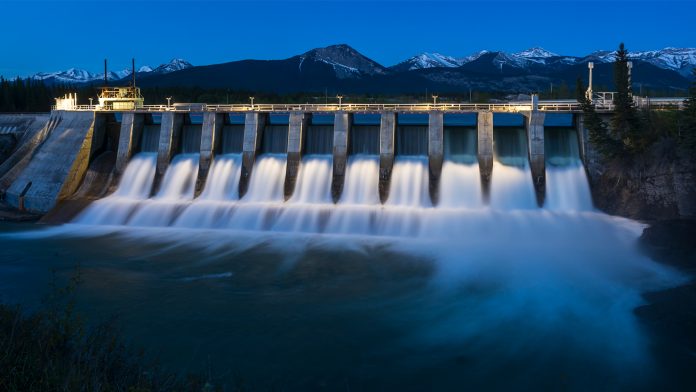Hydropower is a sustainable, clean, low-carbon source of energy, accounting for over 70% of the world’s installed renewable power generation capacity according to the World Energy Council.
While it constitutes a major part of the energy supply in Africa – accounting for over 90% of electricity generation in Mozambique, Namibia, and Zambia, the Democratic Republic of Congo (DRC), Ethiopia, and Malawi, it also provides about 20% of energy generation across the entire Southern Africa region.
This shows that hydropower has the potential to meet Africa’s growing energy needs and significantly reduce its dependence on fossil fuels that are responsible for climate change. In fact, some African countries have long seen the benefits like we earlier stated and are already highly dependent on hydropower for the majority of their energy supply.
However, a problem has been unearthed that could spell doom for Africa’s hydropower generation and it is the fact that, in addition to hydropower still being a great untapped opportunity in the continent (only 7% of its potential is developed in the continent making it the lowest proportion of any of the world’s regions), it is vulnerable to climate change.
Hydropower’s vulnerability to climate change is putting it under threat as the impact of inconsistent rainfall and water unavailability, extensive drought events, extreme temperature, are becoming more frequent and severe.
The thing is that most of the hydropower systems in Africa were built with storage capacities and operational flexibilities that were designed to account for historical patterns of hydrological variability with contingency measures enabling the mitigation of dry periods but the problem is that the long lifespan of these infrastructure exposes their operations to years of climatic variability and the continent doesn’t have the capacity to accurately forecast climatic conditions.
From the look of things, this will likely persist as the potential longer-term implications of climate change are still not being adequately considered in the design of many hydropower projects despite signs that future conditions will be more variable than recent ones and this can potentially undermine infrastructure investments.
To make hydropower infrastructure more resilient, Africa needs to understand ways climate change can impact its generation and adapt it to make up for drought periods. The continent needs to pay close attention to climate projections as well as warnings in order to design infrastructure that is suitable for future climate occurrences.
Governments on the continent need to partner with energy providers and stakeholders if resilience in hydropower infrastructure is to be upheld. They need to develop and integrate climatic projections into investment and decision-making processes for the planning, design, and operational management of hydropower projects.
Finally, African countries must also look to other renewable energy sources like solar and wind to meet energy needs and reach climate goals.




